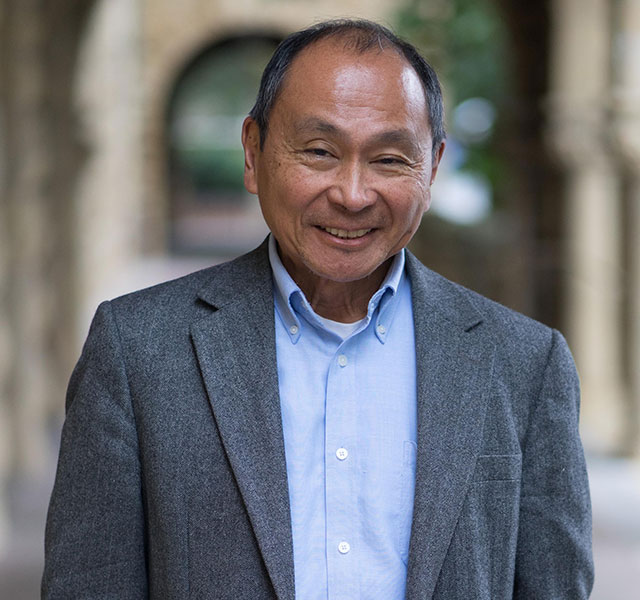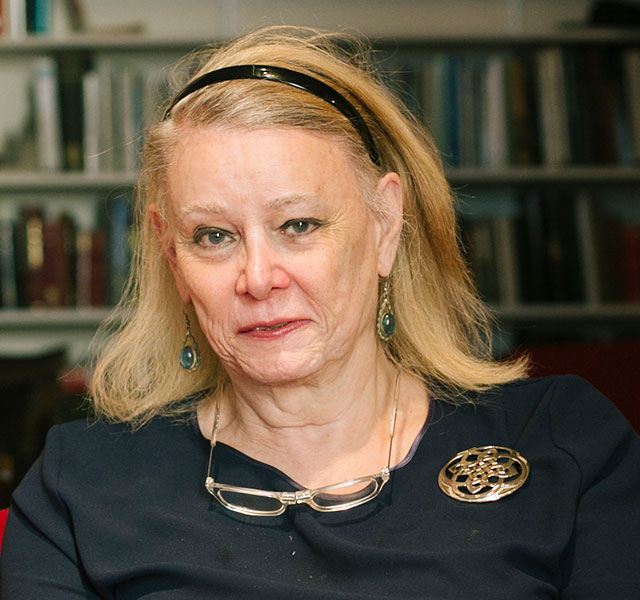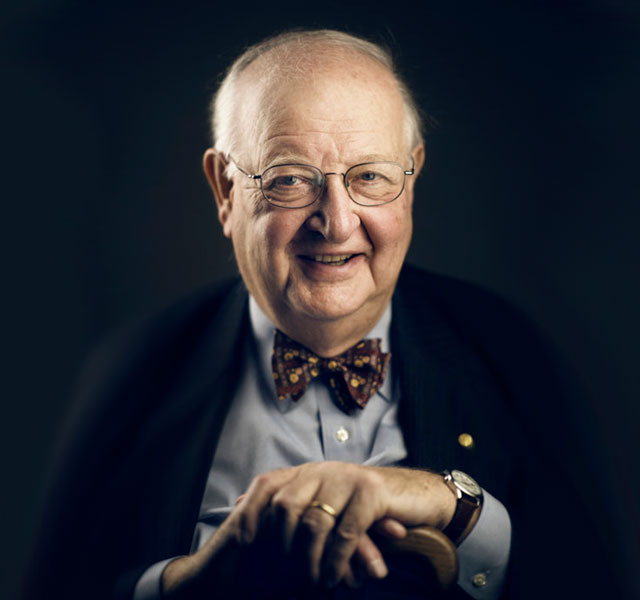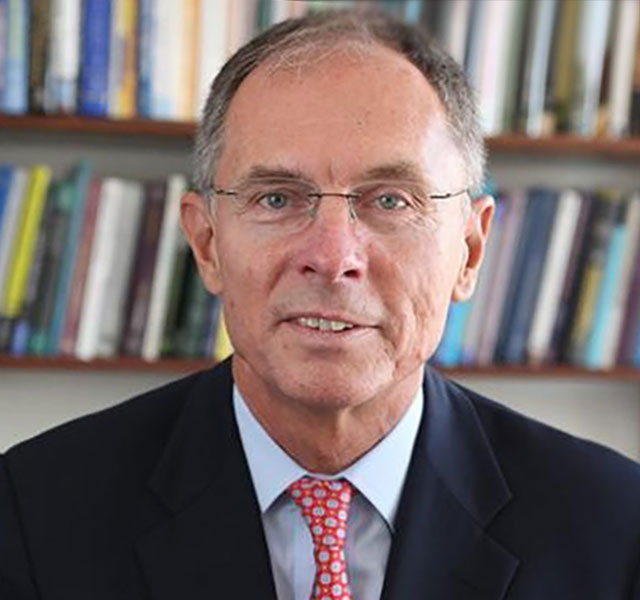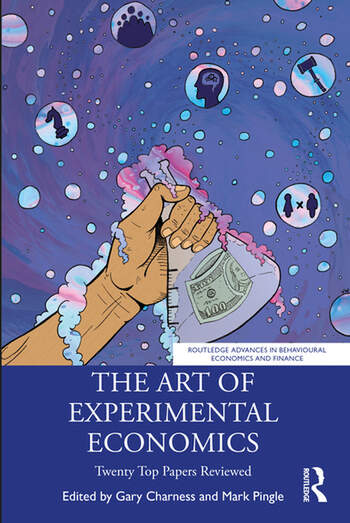Changing from an old equilibrium to a new one can involve some actions that may not persist once a new equilibrium is reached. Here's a paper on the awarding of scientific honors.
Gender Gaps at the Academies by David Card, Stefano DellaVigna, Patricia Funk & Nagore Iriberri
NBER WORKING PAPER 30510 DOI 10.3386/w30510 September 2022
"Historically, a large majority of the newly elected members of the National Academy of Science (NAS) and the American Academy of Arts and Science (AAAS) were men. Within the past two decades, however, that situation has changed, and in the last 3 years women made up about 40 percent of the new members in both academies. We build lists of active scholars from publications in the top journals in three fields – Psychology, Mathematics and Economics – and develop a series of models to compare changes in the probability of selection of women as members of the NAS and AAAS from the 1960s to today, controlling for publications and citations. In the early years of our sample, women were less likely to be selected as members than men with similar records. By the 1990s, the selection process at both academies was approximately gender-neutral, conditional on publications and citations. In the past 20 years, however, a positive preference for female members has emerged and strengthened in all three fields. Currently, women are 3-15 times more likely to be selected as members of the AAAS and NAS than men with similar publication and citation records."
************
That paper is a followup to their previous paper on Econometric Society Fellows, which has just come out in the current issue of Econometrica:
ECONOMETRICA: SEP 2022, VOLUME 90, ISSUE 5
Gender Differences in Peer Recognition by Economists
https://doi.org/10.3982/ECTA18027
p. 1937-1971
David Card, Stefano DellaVigna, Patricia Funk, Nagore Iriberri
We study the selection of Fellows of the Econometric Society, using a new data set of publications and citations for over 40,000 actively publishing economists since the early 1900s. Conditional on achievement, we document a large negative gap in the probability that women were selected as Fellows in the 1933–1979 period. This gap became positive (though not statistically significant) from 1980 to 2010, and in the past decade has become large and highly significant, with over a 100% increase in the probability of selection for female authors relative to males with similar publications and citations. The positive boost affects highly qualified female candidates (in the top 10% of authors) with no effect for the bottom 90%. Using nomination data for the past 30 years, we find a key proximate role for the Society's Nominating Committee in this shift. Since 2012, the Committee has had an explicit mandate to nominate highly qualified women, and its nominees enjoy above‐average election success (controlling for achievement). Looking beyond gender, we document similar shifts in the premium for geographic diversity: in the mid‐2000s, both the Fellows and the Nominating Committee became significantly more likely to nominate and elect candidates from outside the United States. Finally, we examine gender gaps in several other major awards for U.S. economists. We show that the gaps in the probability of selection of new fellows of the American Academy of Arts and Sciences and the National Academy of Sciences closely parallel those of the Econometric Society, with historically negative penalties for women turning to positive premiums in recent years.
**********
Update: here's the published version of the NBER paper, in PNAS, JANUARY 24, 2023, VOL. 120, NO. 4:
David Card https://orcid.org/0000-0001-6914-6698 card@econ.berkeley.edu, Stefano DellaVigna, Patricia Funk, and Nagore Iriberri
This contribution is part of the special series of Inaugural Articles by members of the National Academy of Sciences elected in 2021. January 19, 2023 120 (4) e2212421120
https://doi.org/10.1073/pnas.2212421120

